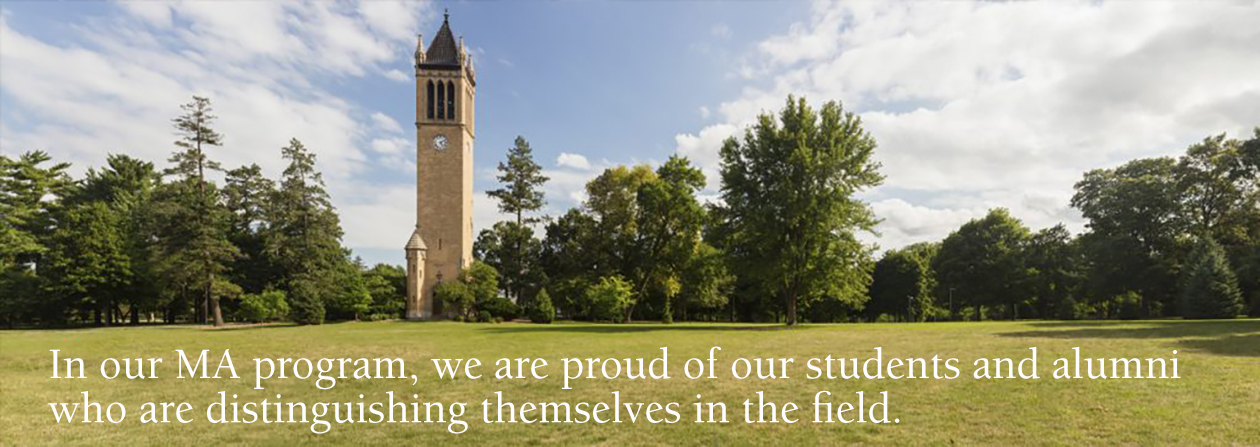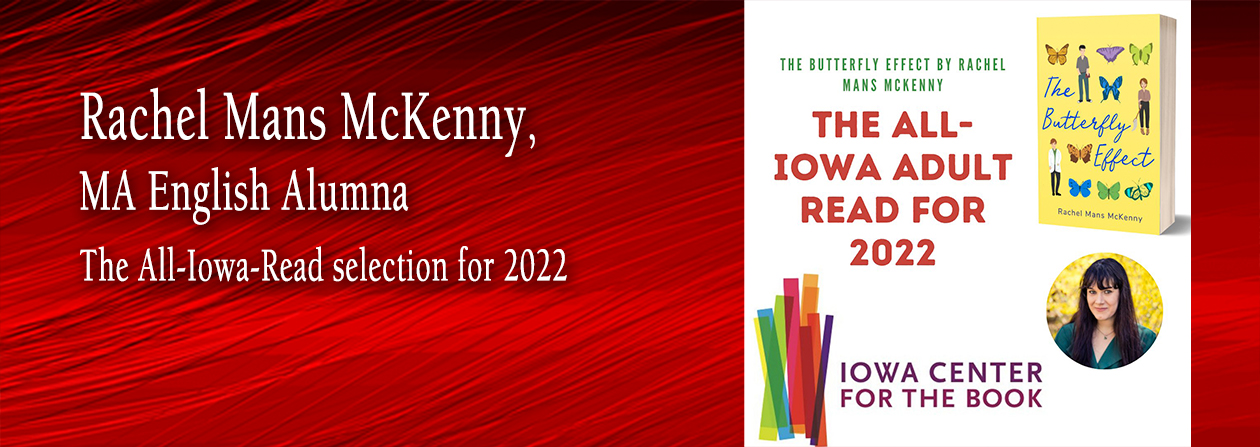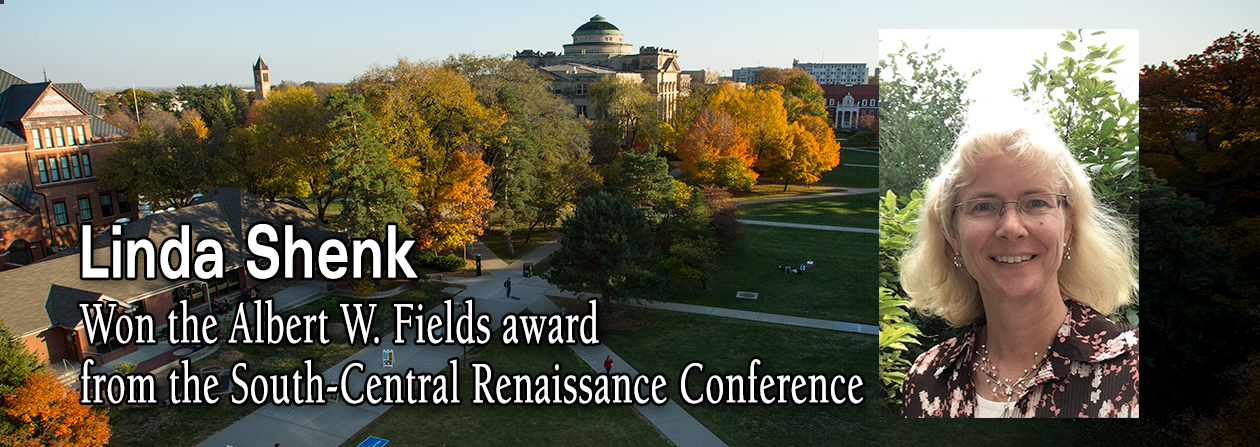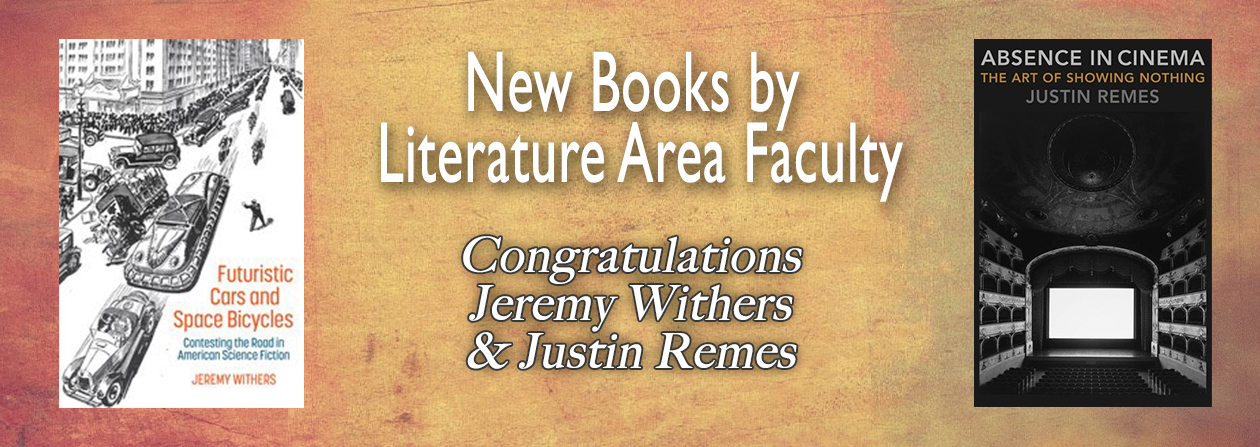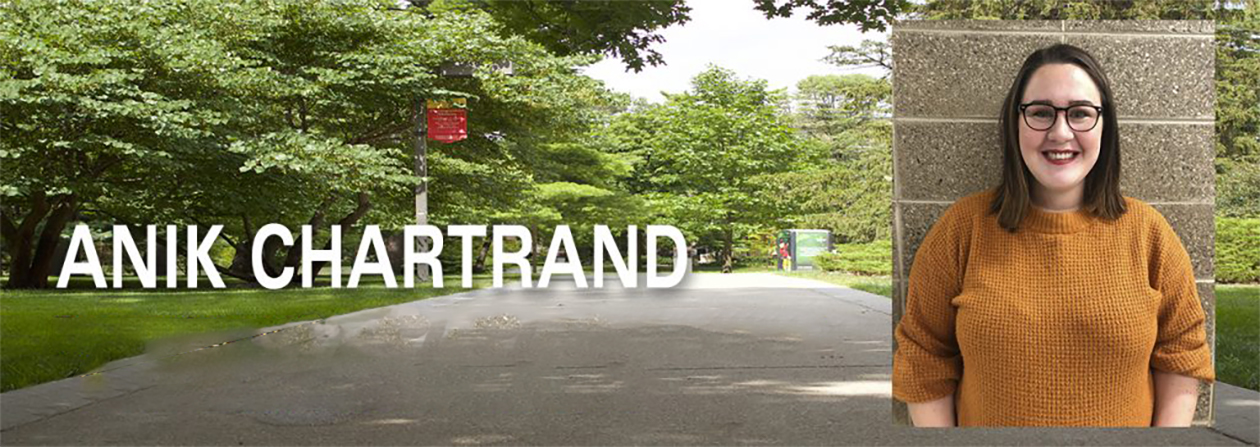Our comprehensive MA in English provides
Professionalization
We prepare students interested in pursuing a PhD, high school teachers seeking advanced coursework, and individuals interested in college-level teaching and in careers that utilize strong communication skills. Our students present at conferences, earn teaching and research awards, and some publish prior to graduation.
Funding and Financial Support
In recent years, we have been able to support nearly every student who has sought funding. Our teaching assistantships are among the best in the Big XII conference with generous stipends, and our incoming students participate in a research apprenticeship program where each is mentored by a faculty member. Our department also offers travel money to graduate students who present at conferences.
Supportive Mentoring
As active scholars and award-winning teachers, our faculty are dedicated to one-on-one mentoring and to supporting students in achieving their own scholarly and professional goals.
Breadth of Coursework
Graduate students study a range of authors, periods, and genres, ranging from Shakespeare to nineteenth-century American literature to experimental film.
Student Learning Outcomes
- Expand knowledge related to the study of literature and film that includes a diversity of authors/directors, genres, theories, and cultural–historical contexts.
- Communicate research effectively through oral and written presentations.
- Conduct independent scholarship in ways that consistently demonstrate ethical practice and professionalism.
- Develop strategies for graduate students who receive a teaching assistantship to effectively teach undergraduate students.
Our program brings together large state university opportunities with the support and dedication of an intimate, welcoming program.
Find out more about our
MA in English, Specialization in Literature
Find out more about our
MA in English, Specialization in Literature and the Teaching of Reading
__________________________________________________________________________________________________________________________________
HOW TO APPLY
Additional information for applicants to ALL English Department graduate programs
Deadline: January 5, for full admission and assistantship consideration (for beginning study in the fall term)
WHAT YOU NEED
- Statement of Purpose & Personal Goals—2-3 double-spaced pages maximum uploaded as a supplemental document
- Analytical writing sample (5-20 pages): This writing sample allows you to display your command of scholarly research and accepted grammatical rules for written English. Submit a scholarly essay (one preferably written for a class in English) that demonstrates critical and analytical skills
- Nonnative speakers (if applicable) English proficiency examination scores
- Nonnative speakers (if applicable) audio or video file demonstrating competence in spoken English
- Scanned Official Transcripts and degree statements
- Three Letters of Recommendation
- Curriculum Vitae/Resume
- Application for Teaching Assistantship in the Department of English
In Iowa State’s Department of English, graduate students who receive teaching assistantships will normally receive training and begin teaching for one of the following programs (https://engl.iastate.edu/isucomm/) 1. English 150 and English 250: In this two course sequence, undergraduate students practice analyzing, composing, and reflecting on written, oral, visual, and electronic (WOVE) discourse within academic, civic, and cultural contexts.
2. Speech Communication 212: In this course, undergraduate students study oral communication and learn to compose, deliver, and analyze public speeches in academic, civic, and professional contexts.
To be considered for a teaching assistantship, please provide a statement explaining your relevant experience and/or interest in teaching courses in these programs. Statements should be 500 words or less. The statement should be provided as a stand-alone document and must be uploaded with the other application materials as a supplemental document.
Tips for Preparing Your Statement of Purpose:
- Describe your interests in literary works and research (e.g., particular authors, social issues, historical periods, critical theories) as well as, if relevant, your academic, volunteer, professional, and personal experiences that support or expand these interests.
- Explain how an MA in English (and which specialization—Literature; Literature and the Teaching of Reading) suits your interests and goals, mentioning specific faculty whose research interests intersect with your own.
